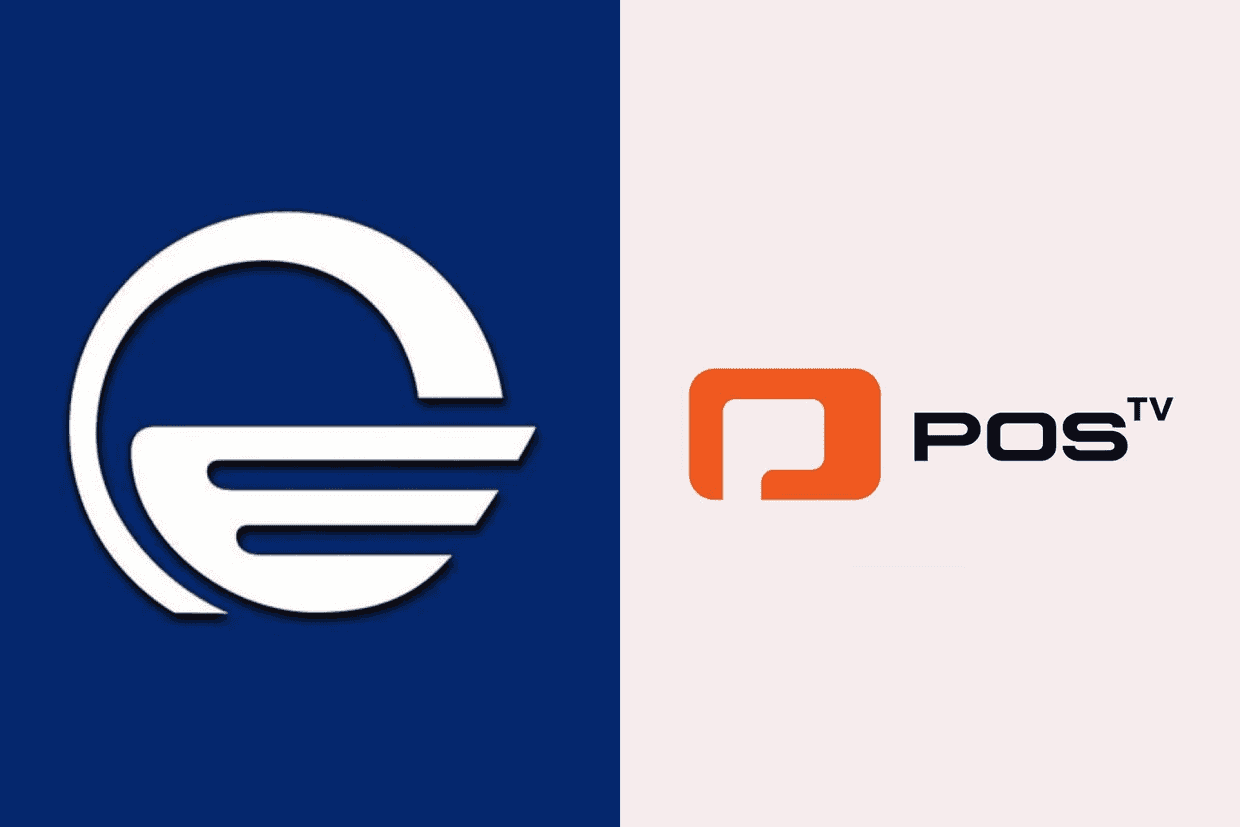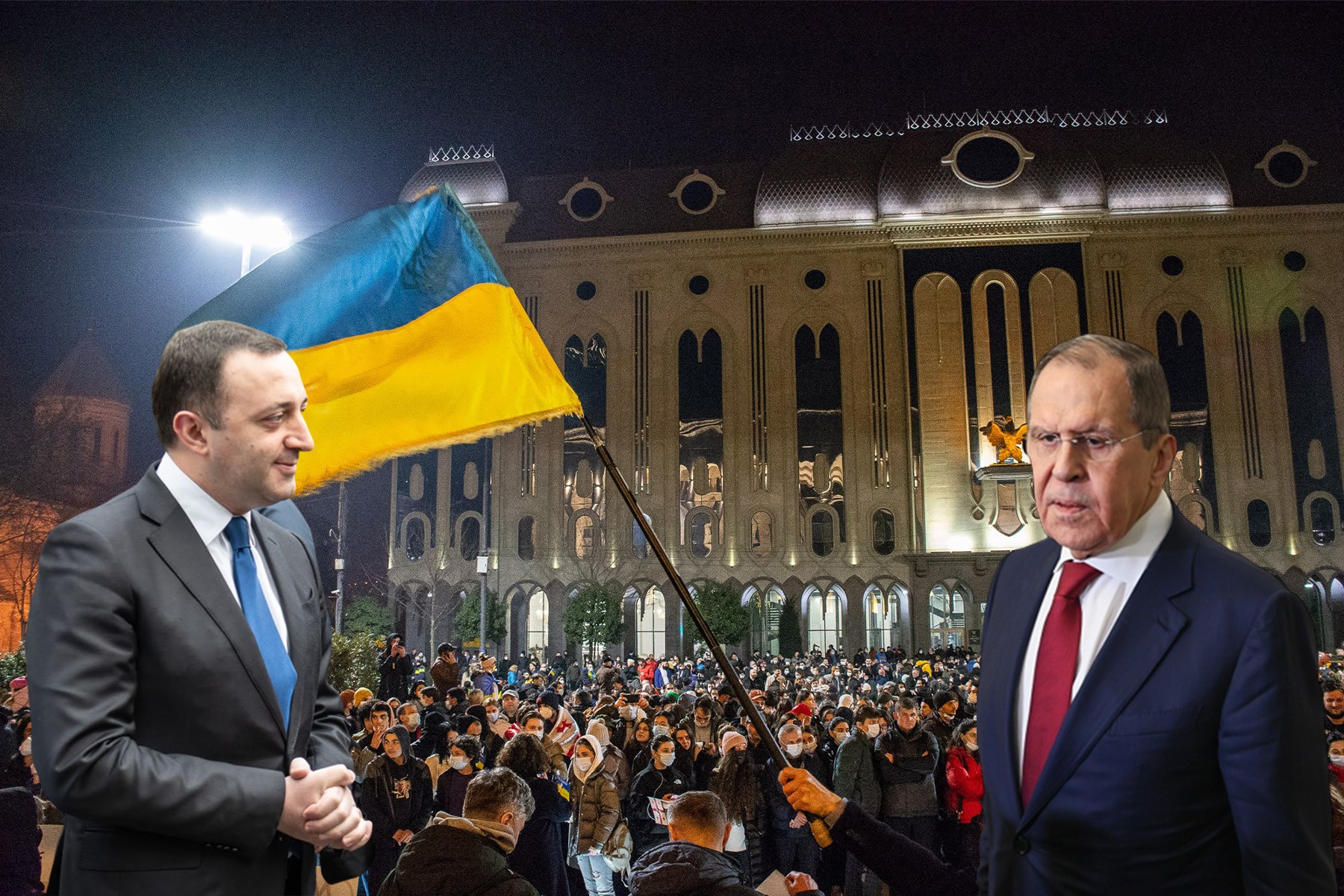
Russian Foreign Minister Sergey Lavrov has praised the Georgian Government for not becoming ‘another irritant’ to Russia. He also quoted the Georgian Dream leadership on a conspiracy theory about Georgia being pushed to open a ‘second front’ of war with Russia.
In an interview with Russia 24 and RIA Novosti on Thursday, Lavrov praised the Georgian Government for refusing to join anti-Russia sanctions over its invasion of Ukraine.
Lavrov focused on Georgia after berating the Moldovan Government under President Maia Sandu for being the US and NATO’s next possible ‘anti-Russia’ project after Ukraine.
‘I will not go into details, but one of the countries that the West wants to turn into another “anti-Russia” is Georgia’, Lavrov stated.
Contrasting with Moldova, the Russian foreign minister moved on to describe the current foreign policy of Georgia as different from that of president Mikhail Saakashvili (2004–2013) and ‘in line with interests of the Georgian state and people’.
‘I will quote [Georgia’s] prime minister and ministers, who, in response to the unprecedented pressure to join the sanctions, to open a “second front” (even such terminology has come into use), say that they are guided by their national interests’, Lavrov continued.
‘They have trade with Russia, tourism, receive energy. This is in the interests of the Georgian state and people’.
Georgian PM Irakli Gharibashvili underlined that he and his government were pursuing the country’s national interests in his New Year’s Eve address, right after mentioning Ukraine and a ‘new geopolitical reality’.
On 2 February, the Moldovan government promptly responded to Lavrov’s remarks calling them ‘a part of the already well-known threatening rhetoric of Russian diplomacy’.
Since the run-up to Russia’s invasion of Ukraine and especially since the war started, the Georgian Dream-led government have faced harsh criticism for not being vocal in support of Ukraine and not joining international sanctions against Russia.
Besides the escalated tensions with Ukraine that had already been strained before the war, the Georgian government also touted a conspiracy theory of a ‘global party of war’ that supposedly sought to push Georgia into ‘opening a second front of war’.
People’s Power, a spin-off group of MPs still within the parliamentary majority, have promoted this theory more openly in recent months, directly pointing the finger at Western countries.
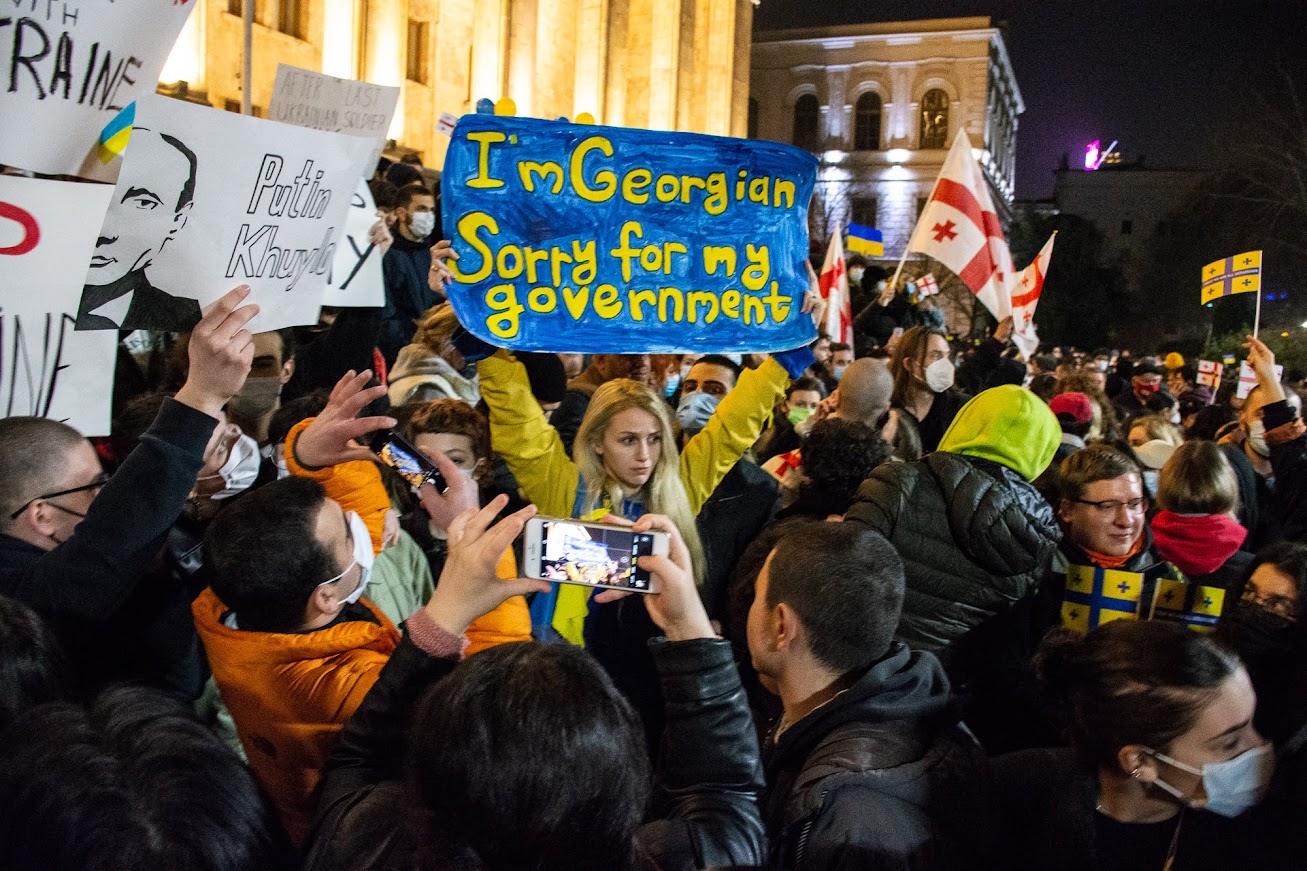
Georgian Dream has also said that the ongoing financial dispute of their founder, billionaire Bidzina Ivanishvili, with Swiss bank Credit Suisse, is part of an attempt to pressure Georgia to go to war.
In his latest interview, the Russian foreign minister also advocated again for a ‘3+3’ format for a new regional consultation platform including Russia, Turkey, Iran, Azerbaijan, Armenia, and Georgia.
Georgia has previously rejected the format, limiting their commitment to being an intermediary and a host specifically for Armenian-Azerbaijani negotiations in Tbilisi.
Throughout the years, the Georgian public have remained overwhelmingly in favour of a pro-Western foreign policy. In public opinion polling by NDI from December, 85% of those polled also reported an ‘unfavourable’ opinion of the Russian Government.
Georgian Dream wants flights but insists there’s nothing to ‘tango’ for
Lavrov previously expressed his appreciation for Georgia’s ‘courage’ in not joining sanctions against Russia on 18 January, indicating that it might eventually lead to a resumption of direct flights between the two countries.
[Read more on OC Media: Georgian officials labelled ‘politically vile’ for welcoming restored flights with Russia]
On 24 January, six days after Lavrov’s initial praise of the Georgian Government, Russian media cited the Sochi port as saying there were ongoing negotiations on transporting tourists from Sochi to Abkhazia and the Georgian coastal city of Batumi. Georgian authorities denied the claim.
Like in January, the Georgian leadership welcomed the prospect of renewed flights a day after Lavrov’s latest interview, while also underlining that it was entirely up to Russia to reverse its unilateral decision in 2019 to suspend air connections.
‘There’s no ground to talk about any tango’, Irakli Kobakhidze insisted during his press conference on 3 February, referring to Russian senator Grigory Karasin’s recent remark that they were open to the idea, but that ‘it takes two to tango’.
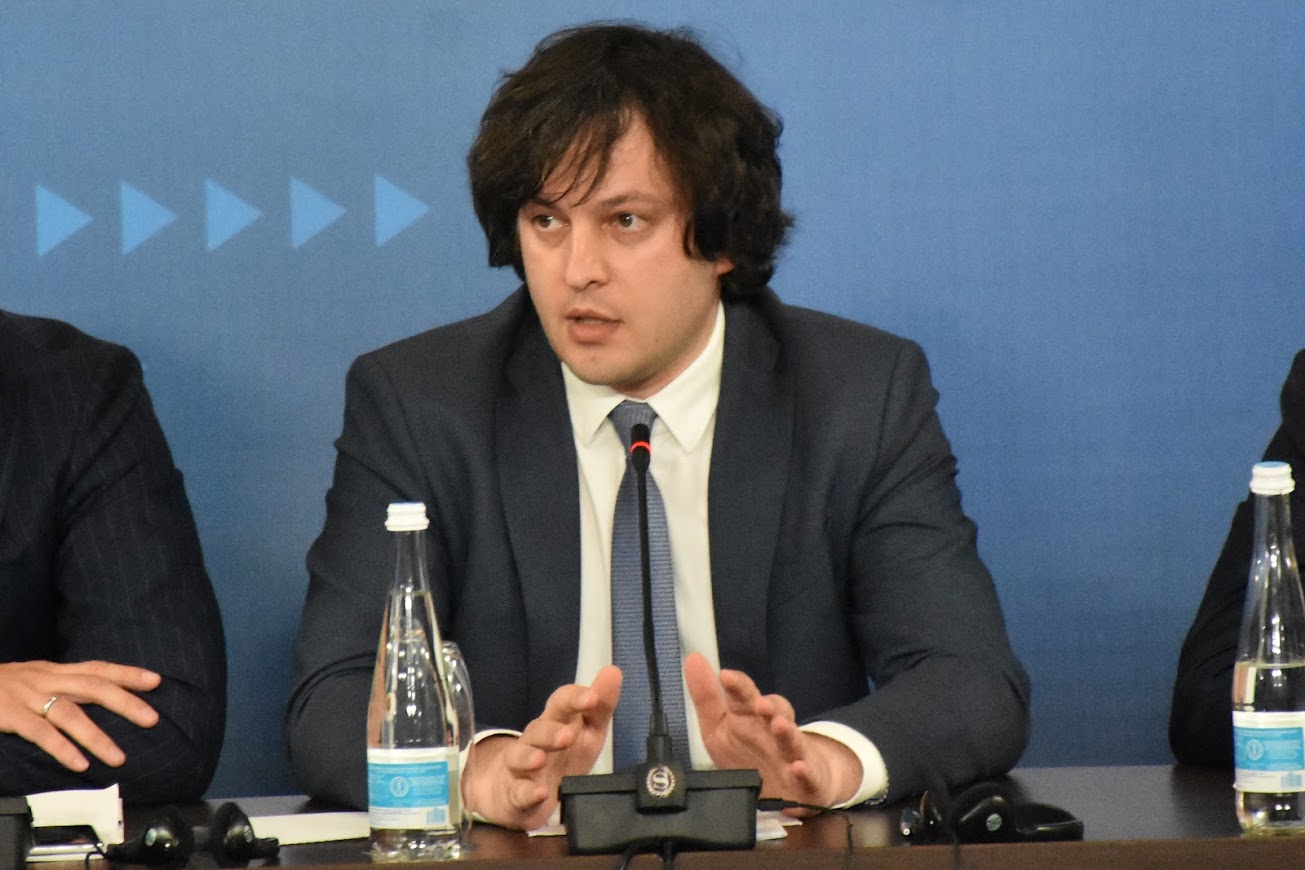
Karasin, Chair of the Federation Council Committee on Foreign Affairs, represents Russia in an informal format of diplomatic talks with his Georgian counterpart, the Georgian Prime Minister’s special representative for Russia, Zurab Abashidze.
The Abashidze-Karasin format was set up in late 2012, soon after the Bidzina Ivanishvili-led government came to power, and has earned frequent criticism from experts and pro-western groups in Georgia for its lack of transparency.
Within hours after Karasin’s ‘tango’ statement on 31 January, an anonymous YouTube account under the name Cyber Kmara published an audio recording of a conversation between the two diplomats — according to Abashidze, from May 2022.
In the recording, Karasin is heard mentioning an unspecified land connection, a ‘new corridor’, between Russia and Georgia.
‘I’m reminding you that 800,000 Georgian citizens, Georgians, live in the Russian Federation. If they remove this sanction, it would be their decision. We would welcome it as it would be a relief for our citizens and compatriots’, Kobakhidze insisted on Friday morning.
Hours after Lavrov’s interview, the US State Department told Voice Of America that companies providing services to Russian air travel groups in Georgian airports would face international sanctions.
‘The entire Western community has distanced itself from this cruel regime. Now is not the time to increase engagement with Russia’, the State Department reportedly warned.
The Russian proposal for a possible resumption of flights was harshly criticised by almost all pro-Western opposition groups in Georgia.
‘Thank God Zurabishvili not calling the shots’
In his Thursday interview, Sergey Lavrov also made a clear differentiation between the Georgian Government’s positions on Russia and that of President Salome Zurabishvili, who has been far more outspoken about Russia’s war in Ukraine.
Lavrov ‘thanked God’ that Zurabishvili had ‘rather ceremonial functions’ and did not call the shots.
As per recent constitutional amendments, Zurabishvili is the last directly elected president, with substantially diminished powers.
Zurabishvili, who was elected with the support of the ruling party, has alienated her former partners in Georgian Dream after criticising them on a number of issues, especially their failure to secure EU candidacy and Georgian Dream’s anti-Western rhetoric.
[Read on OC Media: Irakli Kobakhidze: The face of Georgia’s turn from the West]
In a report on Wednesday on Georgia’s application for EU membership, the European Commission noted that Georgia needed to make ‘additional efforts […] to increase the convergence in the area of foreign and security policy, in particular, the alignment with EU statements and decisions as well as the application of restrictive measures when and where required’.
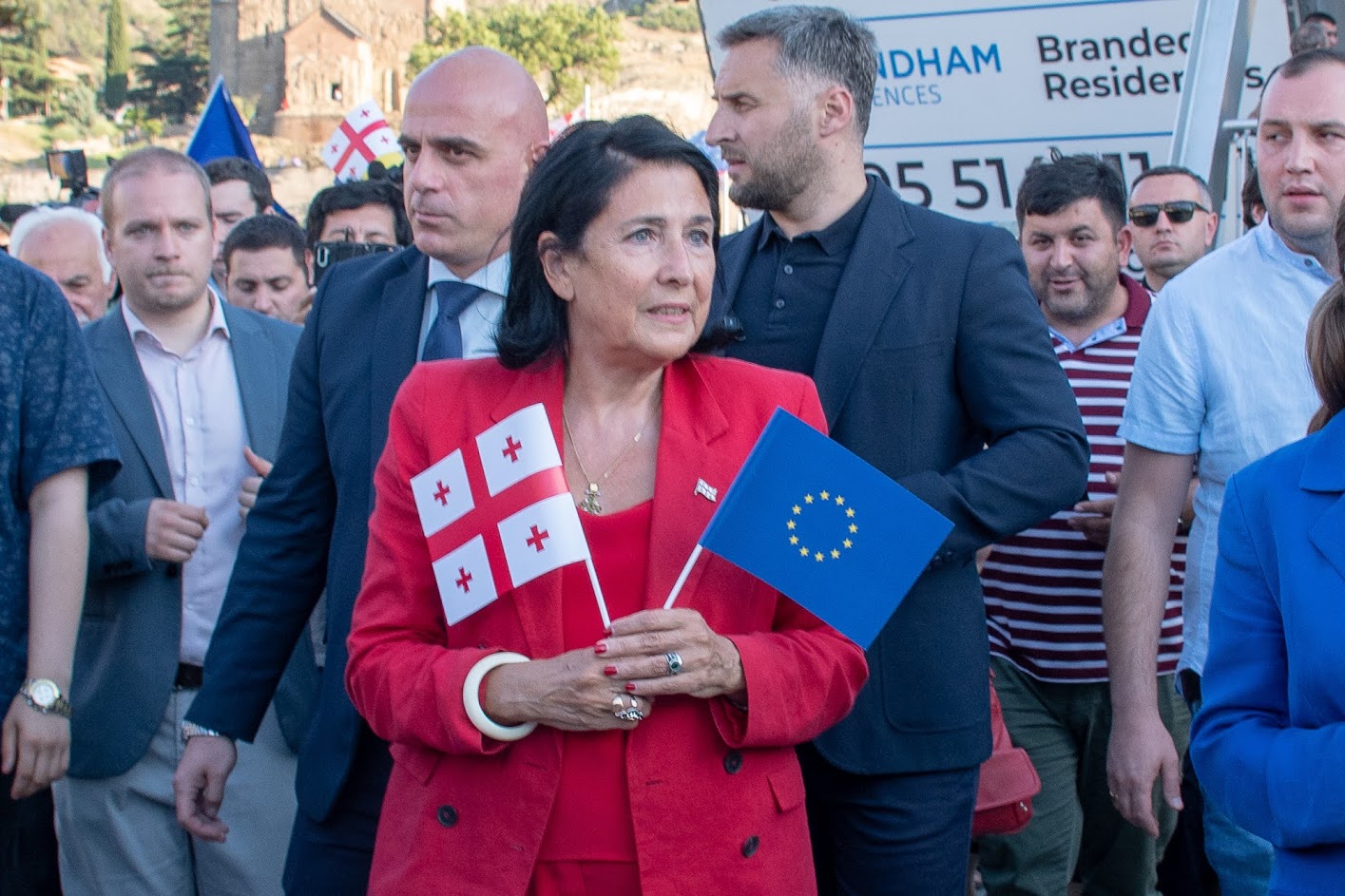
President Zurabishvili — a former foreign minister who negotiated the withdrawal of Russian troops with Lavrov in 2005 — was among the first to decry Lavrov’s proposition to resume air travel before the Russian Foreign Minsister’s latest interview.




